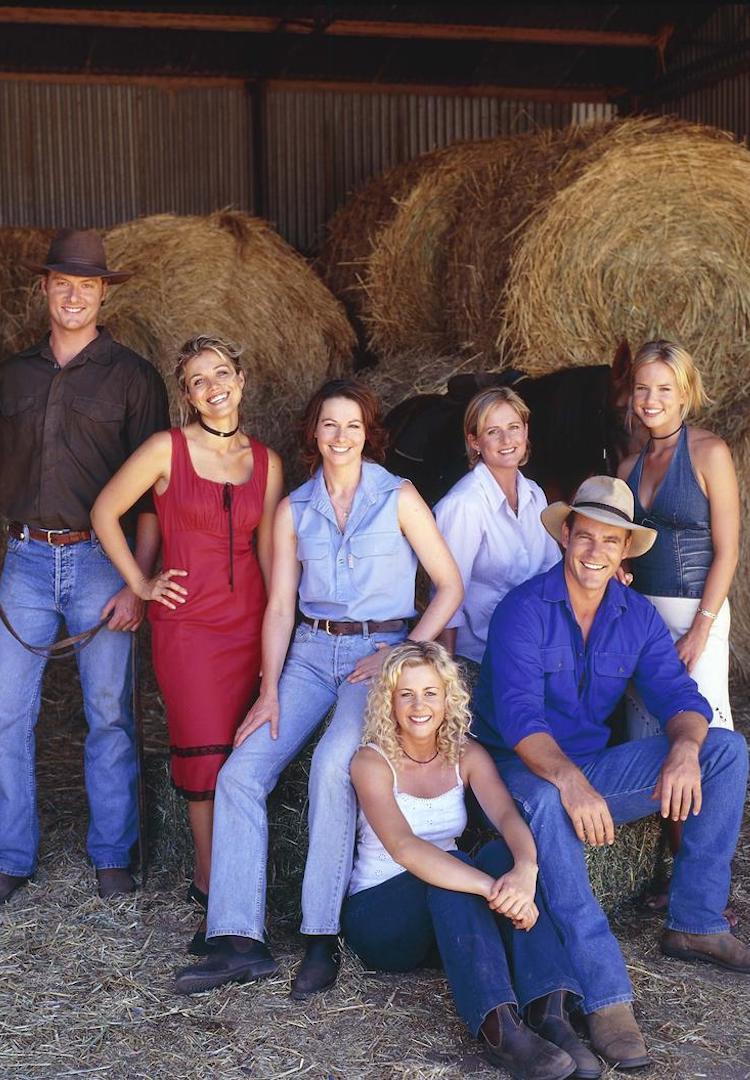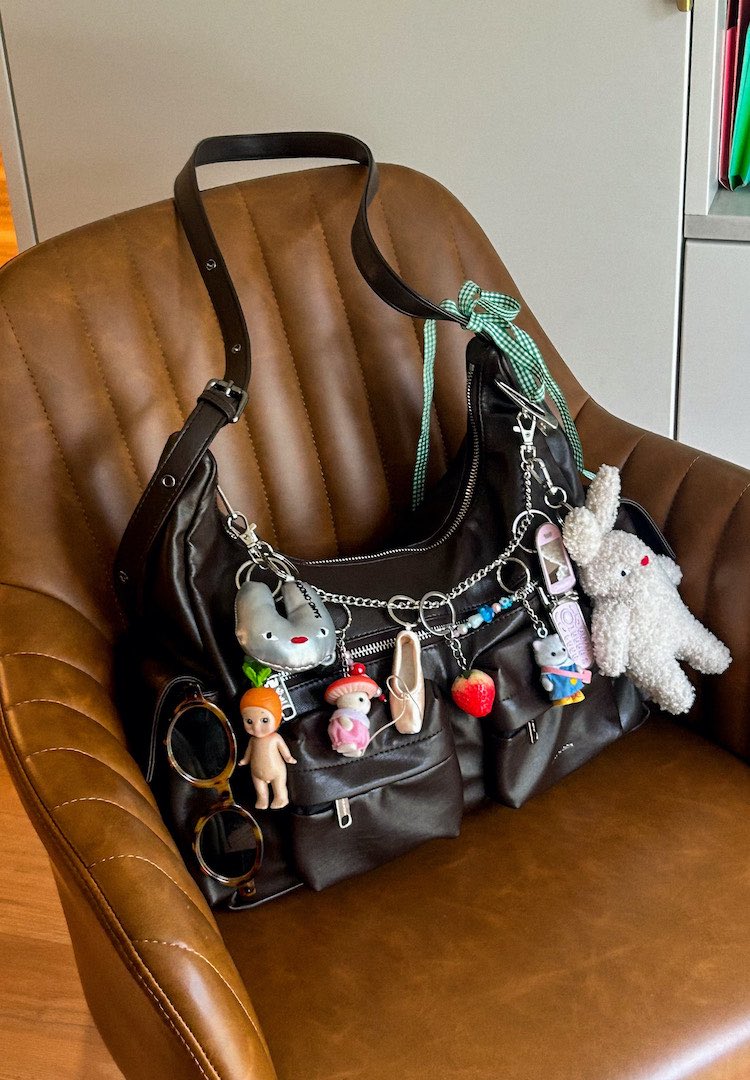Australia is in a recession, so what does that mean for us?
PHOTOGRAPHY BY BILL CHEN
Words by Sally Edwards
Baby’s first recession.
This month, it was announced that Australia will likely enter its first recession in 29 years. By definition, a recession occurs when two consecutive quarters of GDP (gross domestic product) contract.
“In a nutshell, a recession is a period of economic decline where there is an increase in unemployment, a drop in the stock market and a dip in the housing market, and where growth in economic output goes negative for two quarters in a row,” says Ladies Finance Club (LFC) founder Molly Benjamin, and ambassador Lisa Simpson.
With the Australian GDP contracting by 0.3 per cent in our March quarter and our second quarter looking like it will be similar, it is now certain that a recession is going to occur. It comes as no surprise really, considering the economic ruin the bushfires and the coronavirus shutdowns caused. After all, we are living in a time that has been likened to wartime.
“It is the young – indebted students and struggling mortgagors, parents supporting families paycheck to paycheck, precarious recent graduates and anxious first-time job seekers – whose lives will be most deeply scarred,’ wrote historian David Kennedy and retired General Karl Eikenberry.
But for some of us, a recession has never been a part of our reality, or our adult reality at least. So, as we try to navigate adulthood and the already deeply troubled world in which we live, what will facing a recession on top of that look like?
Generational disparity
We all exist within different socio-economic groups (systematically defined by income, consumption, wealth, education and employment) and experience the brunt of the economy in different ways. But one thing is almost for certain, and that is that millennials and Gen Z will be the hardest hit by this recession.
It is widely known that young adults are the most vulnerable in times of economic downturn, but in Australia, the economic disparity between generations is already vast and at seemingly immovable. Compare the pair: for people above 40, and particularly for those in their fifties and sixties, their financial security has increased. This is a generation where many were able to buy their homes before, or in the early stages of, the largest increase in property prices that our country has ever seen. While for people under 35, the story is a little different.
60 per cent rent and those who have managed to purchase their first home are paying close to record prices with most are still carrying the vast burden of their mortgage debt. Almost no one in our age group owns their homes outright or has a subsidised public housing rental. To top it off, government support measures have done little to help private renters (the majority of our age group) during the COVID-19 crisis and it seems that post-pandemic, young people will be left with either rental arrears or a black mark across their credit.
Employment disparities
Research and evidence from past recessions show that young people trying to start their careers during an economic downturn are greatly impacted as well, and here it holds a lasting disadvantage. Wages, opportunities and confidence in the workplace are at the risk of never fully recovering. In almost every subjective wellbeing survey that’s been carried out, Aussies who were aged 15 to 19 at the time of the mid-’70s recession have performed worse than those born before or after them. There was a dramatic increase in youth unemployment in the years when they were trying to enter the job market and their age group was consistently less satisfied than those from other generations.
Their narrative is especially concerning for us who are in our twenties and thirties now. ABS payroll data taken from mid-March to May shows that employment fell by five per cent to six per cent for most age groups in that period, but for workers in their twenties, it fell by 10.7 per cent. As the past has proven, labour markets are able to – and will – recover but the scars of approaching them during a time of sudden high unemployment, well, that can be permanent.
At one point in time, education was a saviour, with research showing that the impact of the ’80s and ’90s recessions on young people were alleviated by the doubling of university enrolments. Today, as we enter the first recession since then, the education sector is maxed out and, unless apprenticeships and cadetships are reinvigorated, the chance of it performing that same old trick seems unlikely.
But that’s not to say that all education is a lost cause, as Molly and Lisa tell me. “As some industries are really struggling other industries are booming such as IT and technology. Skill up by taking free courses. General Assembly are offering all their courses online like “Learn To Code” and social media refreshers.”
Preparation is key
So, how can young people prepare for the impact of the recession? Thankfully, unlike COVID-19 or the bushfires, we have a little time. “Technically, we are in a recession, but it could be a little bit more of a slow burn to hit the coalface of some industries,” says Glen James, host of the My Millennial Money podcast.
For those of us who are lucky enough to have employment and a regular, sustainable income, Glen suggests that we try to keep cash-heavy and add as much value to our workplaces as possible to stand out in the case of mass-redundancies. “And if you are in debt, keep minimum payments until you’re in a situation where you know you’ll keep your job or you know you’ll have an income,” he says.
It’s also critical for all of us to remain dialled in and intentional with our finances. Planning, preparing and budgeting are key, according to Molly and Lisa from LFC. “Crisis and emergencies will always be a part of life. Plan for the things that you think won’t happen, as they normally will. Having a budget is having a plan for your finances and having an emergency fund will help you feel secure in a crisis.”
It’s also important now more than ever to take advantage of the educational resources available to young people. “There are so many resources that exist now like never before. Educational opportunities at TAFE, online and through employment agencies and there are websites such as MoneySmart which are full of information for women of all ages,’ say Molly and Lucy.
Most importantly, please seek help if you need it. “If you find yourself in debt or a financial situation that is overwhelming, call the National Debt Helpline on 1800 007 007 or other support services, like Salvos on 1300 371 288 or Lifeline 13 11 14. There is no shame in asking for help.”













